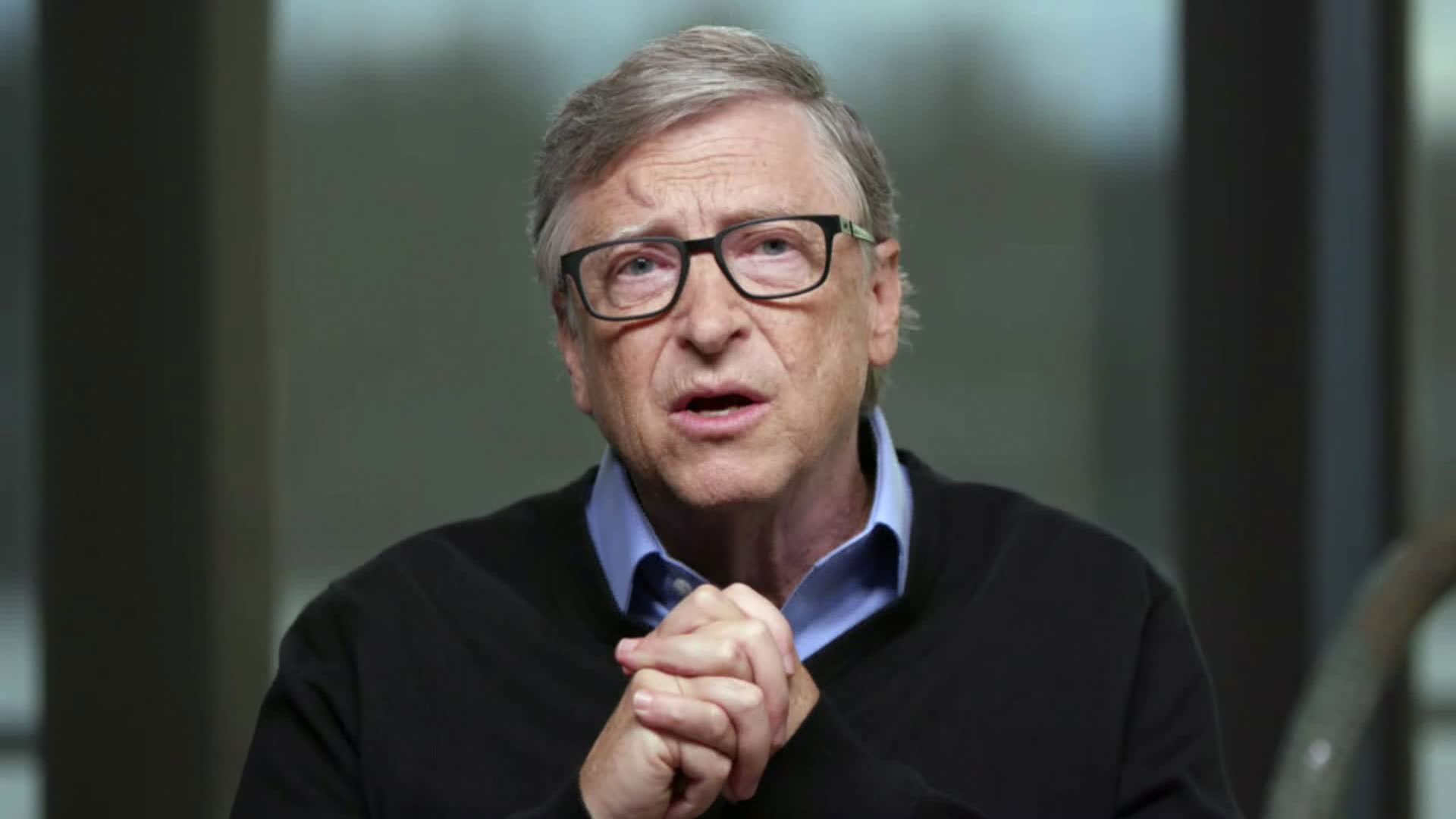
Summary
The foundation is calling on global leaders to commit to finding solutions and strengthening systems in Africa by investing in people and innovations that can save lives and create opportunities for the world’s most vulnerable.
The Bill & Melinda Gates Foundation is committing $7 billion over the next four years to support African countries to deal with hunger, disease, gender inequality and poverty.
The Foundation’s co-chair Bill Gates said these resources would help strengthen health systems and enhance access to health care, reduce child deaths due to diarrhoeal diseases, pneumonia, malaria and measles.
“This new commitment to support African countries is in addition to existing Gates Foundation’s funding to multilateral organisations, including Gavi, the Vaccine Alliance and the Global Fund to Fight Aids, Tuberculosis and Malaria,” Mr Gates told students at the University of Nairobi on November 17.
Mr Gates, in his first trip to Africa since the Covid-19 pandemic began, visited health care centres, medical and agricultural research institutes, and smallholder farms in Kenya and met with President William Ruto.
Speaking to University of Nairobi students, Mr Gates said Africa’s young people have talent and an opportunity to accelerate progress and help solve the world’s most pressing problems.
“The big global challenges we face are persistent. But we have to remember, so are the people solving them,” he said. “Our foundation will continue to support solutions in health, agriculture, and other critical areas — and the systems to get them out of the labs and to the people who need them.”
This commitment comes as the world is grappling with hunger, malnutrition and poverty. Today, 278 million people across Africa suffer chronic hunger, with more than 37 million people facing acute hunger in the Horn of Africa.
The foundation is calling on global leaders to commit to finding solutions and strengthening systems in Africa by investing in people and innovations that can save lives and create opportunities for the world’s most vulnerable.
Also read: Why Africa says the World cup is over
Source: The Citizen
